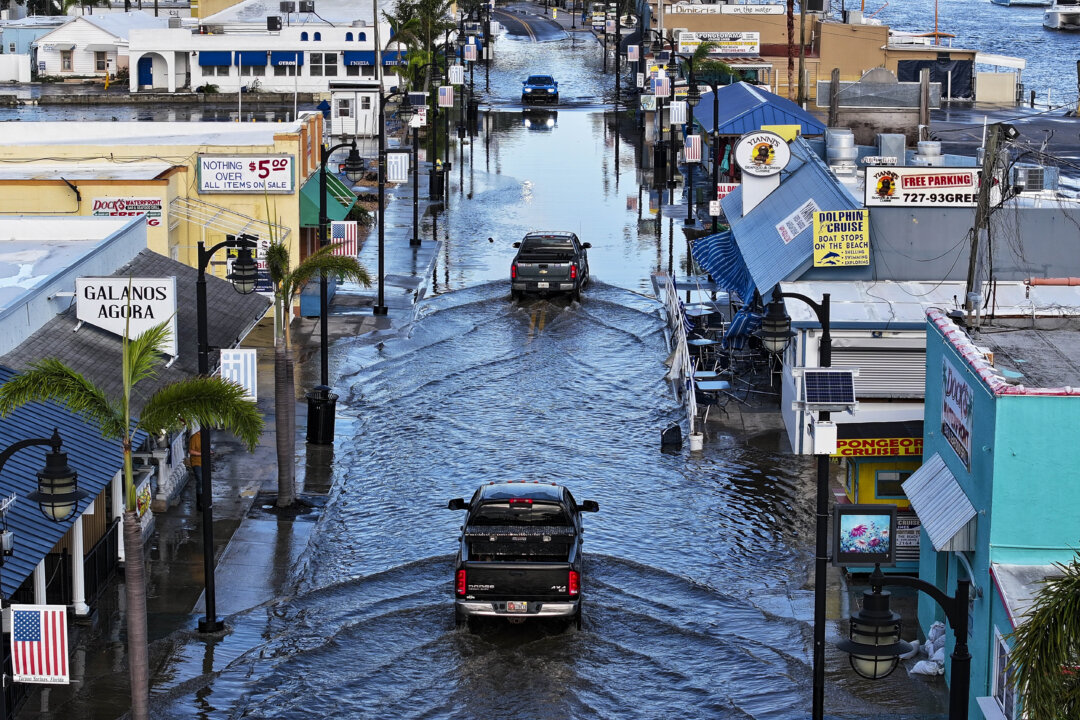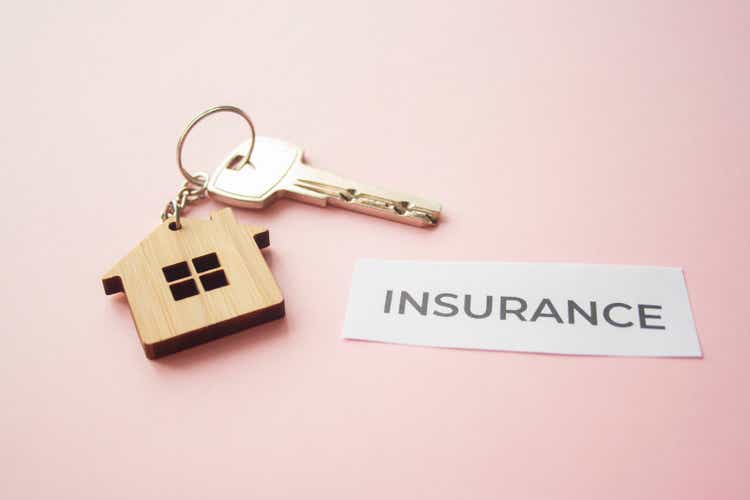
When Spanish explorer Ponce de León first landed on the eastern coast of a large peninsula in the new World in 1513, he named the entire region Florida, meaning full of flowers. Had he landed in late summer 2024, however, he might have been inclined to call the region Tierra de Huracanes, Tierra Inundada (flooding lands), or Tierra de Evacuaciones, as all three have recently been in abundance across the state. But despite annual hurricane battering, soaring property costs, mounting insurance premiums, and the constant threat of flooding and evacuation, the lure of people to Florida remains not only as strong as at the time of Ponce de León, its home real estate market continues to thrive with increasing strength.
“In my 28 years in the mortgage and real estate industry, I have never felt that the risk of hurricanes was an impediment for people to proceed to buy property in Florida,” George Fraguio, vice president of lending with Vaster, a real estate financing firm in Miami, told The Epoch Times. “While the immediate aftermath of a hurricane can bring uncertainty and damage, Florida’s long-term resilience and strategic investments often pave the way for recovery.” Hurricane Ian alone, from 2022, is expected to exceed $50 billion in insured and uninsured losses.
“But the long-term trends often tell a different story,” Fraguio said. Long-term often means 18–24 months on average to rebound, based on the time that “claims get processed on top of the rebuilding process,” Fraguio said. Furthermore, homes in Florida are required to have hurricane protection measures in place.
“Any new construction is required to have hurricane/impact windows and doors or shutters,” Ben Friedman, owner of CitiQuiet Windows and Doors in Boca Raton, told The Epoch Times. “This is true for any existing structure as well, if changing their windows and doors is required to bring it up to the current building code.” “In Southwest Florida, for instance, neighborhoods that invested in hurricane-resistant upgrades witnessed a swifter recovery in property values compared to those that did not,” Friedman said.
This results in even higher home insurance rates in a state that already leads the nation in this regard. Both Fraguio and South Florida realtor Desirée Avila expect rates to soar to unprecedented levels soon. “The fear now is that insurance might not even be available,” Fraguio said.
Avila, a member of Charles Rutenberg Realty Fort Lauderdale in Broward County, said that depending on the final number of claims from Helene, insurance rates could increase by as much as 25–35 percent over 2023. “Everybody is concerned about it,” said Avila, one of only 20 board-certified Realtors in the state. “In some cases, it can even price people out of their homes, or preclude some people from buying a home.
” She said, however, that if the insurance quandary is somehow solved, the lure of Florida would easily outpace people’s worry over hurricanes. “I don’t think hurricanes have affected the Florida real estate market at all,” Avila said. “The benefits of living in Florida outweigh the risks by far.
” This leaves one critical question: Will Helene and Milton prove to be the 1-2 straw punch that finally breaks the Florida camel’s back, or prove to be just two more bumps in the state’s real estate market? “It’s one of the conundrums in Florida real estate, and I think it’s what makes our market resiliency stronger,” Avila said. “There’s an emotional component that buyers put more weight on—such as sunsets and toes in the sand over concerns about hurricanes.”.














